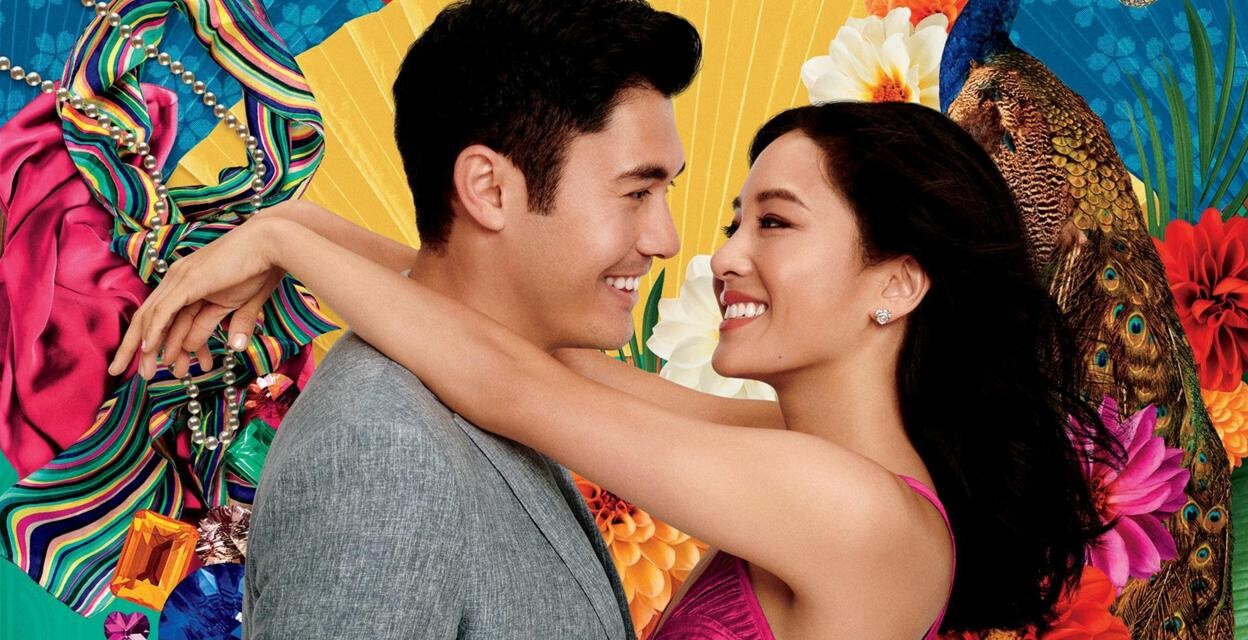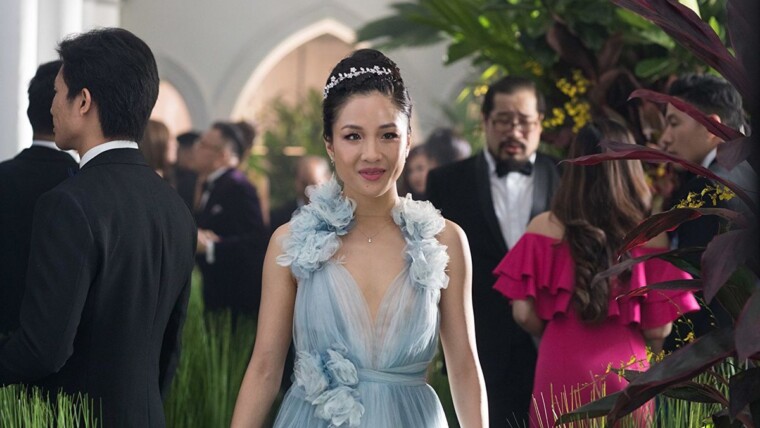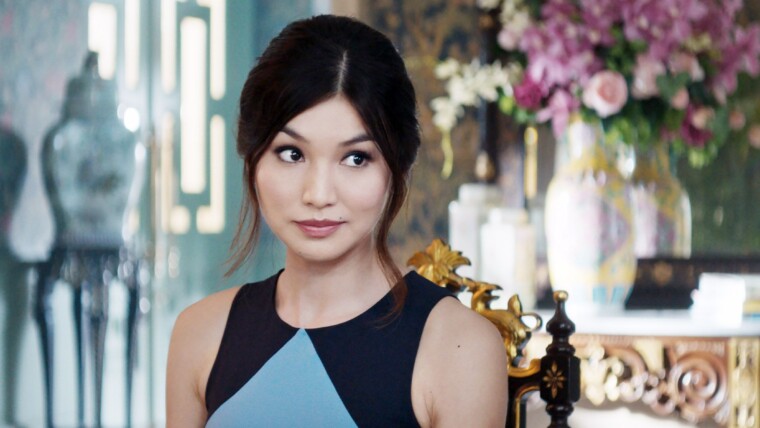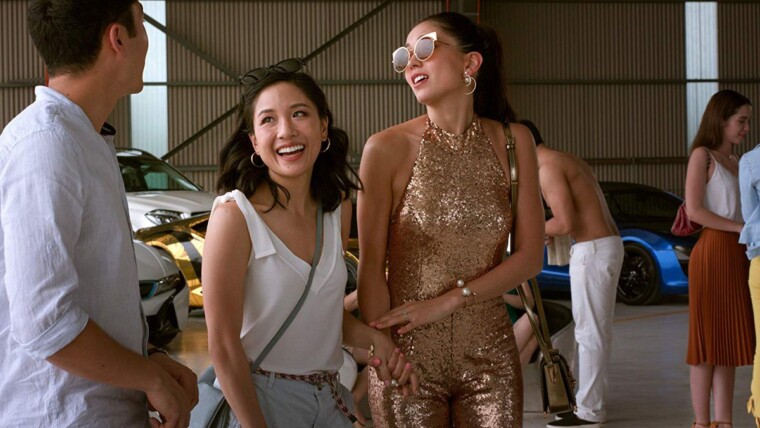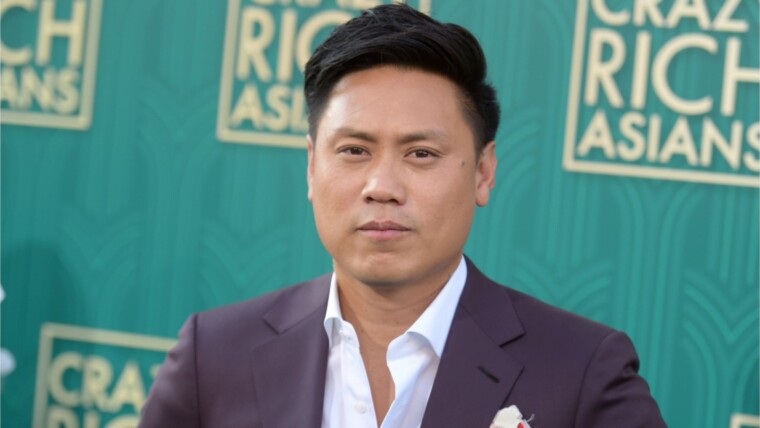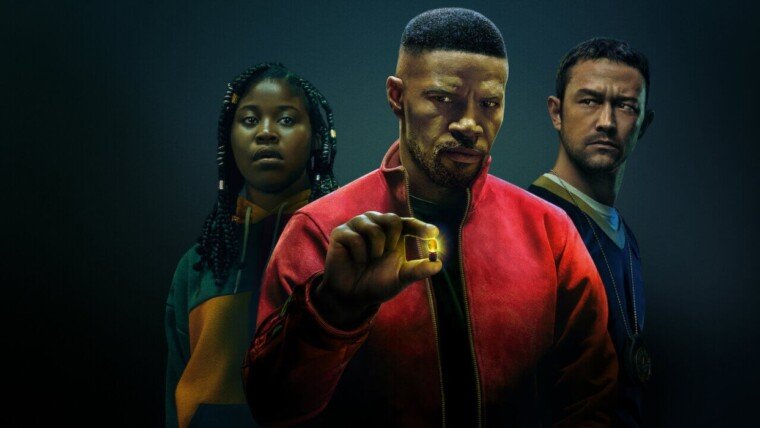Before we discuss Crazy Rich Asians as an entertainment vehicle (and an important one at that), we need to address the elephant in the room. Mind you, the elephant is a huge one and it’s very distracting. Where are the brown Asians? The question on a lot of people’s minds (admittedly, mine included) when the trailer first hit the internet. It felt weird that a film called Crazy Rich ASIANS would ignore the second biggest nation in the world, India. Oh, in case you didn’t know, India IS a part of Asia and so is Pakistan, Qatar, Sri Lanka, Malaysia, Indonesia and more than 40 other countries, many of them proudly brown. It’s even more baffling that we don’t see any Indians (nor Malays) in the trailer, considering the film is set in SINGAPORE, a multicultural nation (74% Chinese, 13% Malay, 9% Indian [including Ceylonese] and 4% other races). It’s an important concern, especially since we live in a world where the average dumbass is under the impression that Asia consists solely of Chinese, Koreans and Japanese. A mainstream Hollywood film like Crazy Rich Asians possesses the power to change that perception, at least a little bit.
That said, I also believe that the people who actually took issue with the trailer were/are probably people who weren’t familiar with the source material (again, myself included). Having watched Jon M. Chu’s movie, the lack of brown Asians and other non-Chinese Asians actually makes perfect sense. The film centres on ONE Chinese family in Singapore. A majority of the film is set inside the mansion of this Chinese family. And when they’re not in the mansion, they’re on a private boat or on a private island. It’s not like they’re walking around Serangoon Road and everybody’s Chinese. Could some of the minor supporting characters who’re friends of our leads been non-Chinese? Definitely. But hey, baby steps. Also, we have to note that most of the characters hail from old money and don’t even hangout with fellow Chinese people who aren’t from that elite group. It makes sense storywise that they’re not buddies with people of other races.
Then why are the book and the movie called Crazy Rich Asians instead of Crazy Rich Chinese? Well, in the author’s defence, his second book is called CHINA Rich Girlfriend (maybe he too, realised the issue). But more importantly, the film IS about Asians and our culture and our values and our perspectives, expressed through the voices American Chinese and Singaporean Chinese characters. Believe you me, it works.
Now that we’ve got that outta the way, let’s talk about the damn movie. As far as the story is concerned, Crazy Rich Asians is a cliche romantic com, one you’ve seen a bazillion times before in various languages. It even comes with your standard issue fairytale ‘man chasing after woman at the airport’ sequence. But this familiar story is told with a fresh perspective, something we’ve never seen before in mainstream Hollywood, and that’s what makes Crazy Rich Asians a beautiful experience.
I was anxious that the film will be jam-packed with stereotypical Asian jokes. But there’s none of that. The humour is smart, well thought out, wonderfully penned. Even when a stereotype is brought up, it’s told in a manner like how we Asians would poke fun at ourselves. I was genuinely surprised. Crazy Rich Asians will have you cracking up so hard (mostly cause of Awkwafina — HOLY BALLS SHE’S AMAZING), you can skip ab exercises for an entire month. What’s even more impressive is the fact that every single joke lands. Deadpool 2 is a brilliant comedy, but even there, there are a number of lines and scenes that are quite frankly… lame. But I can’t think of a single lousy joke here. Hats off to writers Peter Chiarelli (when did he become a good writer?) and Malaysia’s very own Adele Lim.
These writers also understand that they shouldn’t be chasing after the ha-has just for the sake of it. The best romantic comedies are always character and story driven. And they, together with Jon M. Chu, tell one hell of a story. American Chinese economics professor, Rachel Chu (Constance Wu), and Singaporean Chinese, Nick Young (Henry Golding) are in love. One day, casually over dinner, Nick mentions that a close friend of his is getting married and that Rachel should come with him to Singapore for the wedding and also to meet his family for the very first time. But what Rachel doesn’t know is that Nick is rich. Very rich. Like, seriously f*cking rich. Old money rich. Err… Crazy rich? And Rachel has no idea what she’s walking into.
Like I said, we’ve seen it a thousand times. But there is a sincerity and honesty to the storytelling here that isn’t usually present comedies, especially the mainstream ones. I previously felt a similar rawness in a film of this genre many months ago, watching Lady Bird (I do prefer Lady Bird, though).

In an early scene, Rachel’s mom tells her (in Mandarin), “You may look Chinese and speak Chinese, but inside, you’re different.” She’s referring to Rachel’s American upbringing. On the other side, Nick Young’s mother, Eleanor (Malaysia’s Michelle Yeoh) repeatedly tells Rachel that she’s an outsider. At its core, this is what the film is truly about. Crazy Rich Asians isn’t (just) about Nick and Rachel’s romantic life — they love each other dearly and that’s that — but about the differences between the classes (something deemed so important in most Asian families) and how insignificant those differences are at the end of the day. Many reviews will call this film uniquely Asian, not just because of its cast but because of its themes. That is true. It’s also true that this film is uniquely Asian, despite its all-Chinese cast, because of its themes.
Children having to endure their parents and uncles and aunties criticising their romantic partners is an Asian thing. In individualism-practising America, parents, for the most part, don’t get involved in these decisions. But it’s different in the more collectivistic Asian communities. Family members (usually those from Gen-X and prior) always makes a big deal out of racial differences, religious differences, class differences, yadda yadda yadda. I’m a Malaysian of Ceylonese descent. Every time there’s a family gathering, the uncles and aunties gather around and comment on the people their nephews and nieces are dating. “Why is he dating a Chinese?” “Why is that person’s girlfriend dark-skinned.” “Ohh very good. Uma’s fiance is a Ceylonese doctor.” Crazy Rich Asians is for all of us. There were moments throughout the film’s snappy two-hour runtime where I had tears running down my cheek.
The beauty of this film is that isn’t a rich versus poor storyline told in a binary format. It isn’t all 1s and 0s. It isn’t just black and white. There is a subplot that shows us the other side of the coin. That dating someone from a different class might not always work. But more importantly, it shows us that it’s not your wealth (or race, etc) that makes or breaks a relationship. It’s the mentality of the individuals involved.

For there to be a happily ever after, Rachel must overcome the antagonist of the film, Nick’s mom, Elanor, who in a smart move by Jon M. Chu and his writers, isn’t painted as a one-dimensional villain. She isn’t a caricature. She loves her family dearly, especially her son and including her mother-in-law who hated her for many years. Her anger towards Rachel as unjust as it is, comes from a place of good. She believes an “outsider” will drive a wedge through the family. She thinks, as most of our aunts and uncles do: how can someone with a background vastly different from ours be a part of the family? Michelle Yeoh is on fire as this character. She plays the Elanor with such class and vigour. Not once throughout the movie does she scream or break stuff or be overly dramatic. She’s always in control, delivering a subtle performance throughout. Her anger is channelled through her piercing eyes, gritted teeth and sharp tongue. This is perhaps Michelle Yeoh’s best performance in over a decade.
On the other side of the ring, we have Rachel, who is no weakling. This story isn’t about her salivating at the sight of Nick’s family’s riches or power. She doesn’t care about any of that. She’s a strong, highly capable, independent woman, who’s passionate about what she does, secure in her own identity and in her relationship with Nick. Despite being a fish out of water, Rachel doesn’t bend. She adapts to her surrounding with class and is kind to everyone, including the people who want her gone. She knows that dealing with mothers-in-law and grandmothers-in-law is like playing a game of chess mahjong. Constance Wu who’s known for her work in Fresh off the Boat has a natural charm. You can’t help but like her.

Surprisingly good: Henry Golding (another #MalaysiaRepresent) as Nick Young. I was worried about his performance heading into the movie. Golding has hosted small talk shows here and there, but never has he been in a feature film or heck a TV series for that matter. But in his debut, Golding exudes star power. While he doesn’t have much to do in the film — the majority of the film rests on the shoulders of Wu and Yeoh — he doesn’t miss a beat whenever he’s on screen. He isn’t required to show much range here, but there’s something about Golding that’s very likeable.
I walked into Crazy Rich Asians with a ton of concerns. I was curious, but not nearly as excited as most people. I walked out with a smile on my face. This is more than a good movie. It’s an earnest and sincere piece of storytelling. I laughed till my stomach hurt and cried my eyes puffy. Is the movie perfect? No. There are some subplots involving wacko ex-girlfriends that are somewhat unnecessary (very funny, though). But the flaws don’t deter the experience. This movie moved me and I’m sure it’ll move you too. Crazy Rich Asians is not your standard romantic comedy; it’s what all romantic comedies should strive to be.
Hey you! Yes you, hot stuff. Like my article? Leave a comment below and let me know whatchu think. Also, don’t forget to share it with your buds. And if you’d like to talk movies with me you can hit me up on Twitter here: @dashtalksmovies

